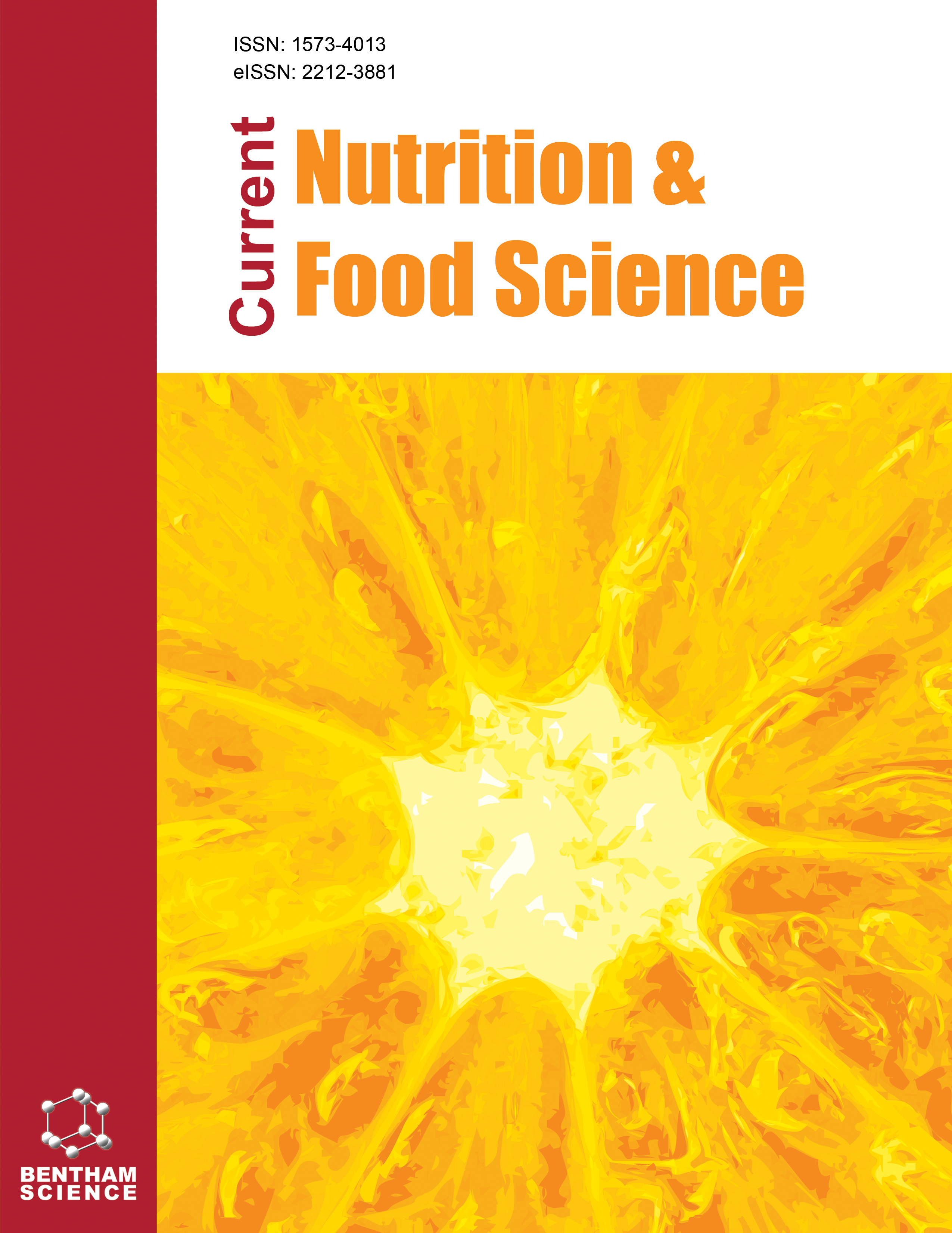
Full text loading...
Date seeds (Phoenix dactylifera L.) are commonly discarded as waste despite their rich nutritional and medicinal potential. These seeds are an abundant source of essential nutrients, including carbohydrates, dietary fiber, proteins, fats, and vital minerals such as potassium, magnesium, calcium, phosphorus, sodium, and iron. Moreover, date seeds contain bioactive compounds like phenolics and flavonoids, which contribute to their strong antioxidant properties. Recent research has shed light on their diverse pharmacological activities, which include antimicrobial, anti-inflammatory, and anti-diabetic effects.
The objective of this review is to explore the comprehensive nutritional and medicinal profile of date seeds, assess their bioactive compounds, and evaluate their therapeutic potential. Specifically, this study aims to highlight the possible applications of date seeds in food products, functional foods, and therapeutic formulations.
This review is based on an analysis of existing literature and scientific studies related to the composition, bioactive compounds, and pharmacological effects of date seeds. Various research papers, including experimental studies and clinical trials, were examined to assess the nutritional value and therapeutic benefits of date seeds.
The findings indicate that date seeds possess a wealth of bioactive compounds such as phenolics, flavonoids, and other antioxidants that contribute to their ability to combat oxidative stress and inflammation. Furthermore, date seeds exhibit significant antimicrobial, anti-inflammatory, and anti-diabetic effects. These seeds have been found to promote gut health, regulate blood sugar levels, and reduce inflammation, supporting their potential use in functional foods and nutraceuticals. Additionally, their antioxidant properties may help prevent degenerative diseases like cardiovascular disorders and diabetes.
Date seeds hold significant promise as a sustainable and valuable ingredient for both food products and therapeutic applications. Their rich nutritional profile and array of bioactive compounds suggest that they could play a pivotal role in promoting health and wellness. Incorporating date seeds into functional foods could contribute to dietary diversification, while their therapeutic benefits offer potential solutions for managing chronic diseases. Further research is needed to fully understand their biological activities and optimize their use in health-related applications.

Article metrics loading...

Full text loading...
References


Data & Media loading...

